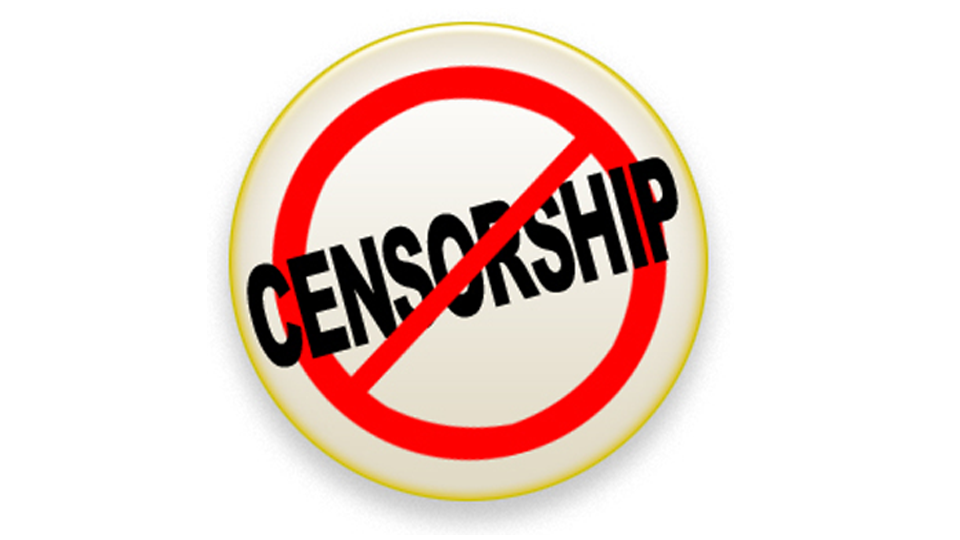Google recently implemented an ad ban on certain kinds of sketchy ads. Here, iQuanti search strategy director Michael Bertini addresses why Google moved to block some ads and how advertisers should respond.
Do we have any thoughts on the practice of banning ads done by Google, especially from a marketing perspective?
The ads Google has banned have all been against Google ads guidelines and shady ad networks.
Do you see marketers being affected by this?
Not at all. Especially not enterprise level businesses; most of them are extremely conservative with their approach.
What do these changes mean for marketers in general?
Google can and will police ads if they’re pushed hard enough by certain media outlets.
Especially with the crypto ad ban, do you see it as Google’s job to police ads?
No, but in typical Google fashion – if it doesn’t align with Google’s political or moral stance they get rid of it. But they will eventually be sued (it’s happened before), or users will turn away from the platform. Look at Facebook, where time spent per person is down by 24%.
For the news perspective, do we have any search data around news topics, publications, etc.?
Nothing yet, because these changes haven’t gone into effect yet. We can give you some predictive numbers of what the drop could potentially be if you’re not being searched by someone with a subscription.
What this might mean for those sites that don’t offer a subscription service?
I would imagine for something finance-related, they would see a click-through rate drop of about 6% to 11% – depending on what position they were in for that specific theme being searched.
Will their visits go down now that they are no longer featured as prominently?
Correct. A substantial drop. If you are in position 1 for the term “financial news,” which gets about 18,000 searches per month, but only 800 of those are subscribed to you… I would guesstimate a drop in click-throughs of anywhere from 6% to 11%.
Will this encourage smaller sites to pay for higher placement in search results?
They will have no choice to if they want to compete. I think this is a win-win for Google. Now they will get good press about the “fixing” of fake news, while also being able to charge more money for news-related ads because of how competitive the space will be.
Did we miss something? Send us your additional questions in the comments below!




